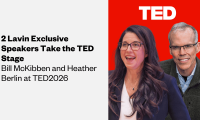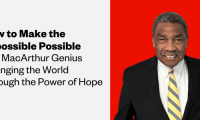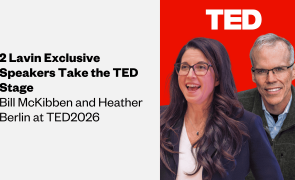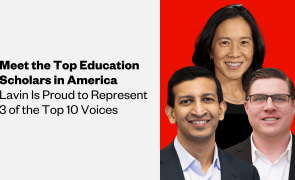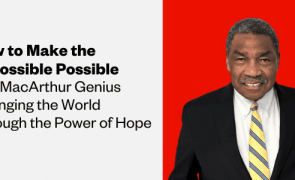As the democratic debates kick off, Contributing Editor at Rolling Stone Matt Taibbi joins broadcast journalist Warren Olney on KCRW to discuss how the rise of social media has dramatically altered America’s political landscape.
The democratic debates take part in two two-hour sessions, each featuring ten candidates and five moderators. Each candidate has no more than a handful of minutes to essentialize their political platform to its most crucial, bite-size points. While it may be a time-honored tradition, it isn’t much of a debate, argues Matt Taibbi of Rolling Stone. This will be the 5th presidential campaign he’s covered for the magazine. Instead, Taibbi refers to the debates as more of an advertising segment than anything else, where candidates toss out of a few campaign “slogans” and hope to be crowned the winner by the media.
Though they are based on very little information, these media pronouncements of the “winners” and “losers” paint a picture of who are the most viable, qualified, or presidential candidates, and effects voter judgement moving forward. In fact, Taibbi notes, the press feels like it has a responsibility to paint this picture and educate voters. However, as we saw in 2016, times are changing: voters are pushing back against these manipulative tendencies, often picking non-traditional candidates just to spite the media, who they have come to view as a faction of the ruling elite.
The American public also no longer has to rely on traditional sources for information. “Commercial press hasn’t clued into the fact that in the social media age, they just don’t have the clout that they used to,” Taibbi says. “We’re in a new frontier, and the press hasn’t caught up to that.”
You can listen to the Taibbi’s full conversation with Olney here.
Interested in Matt Taibbi or another speaker like him? Visit our dedicated Politics & Society speakers page for more information.

